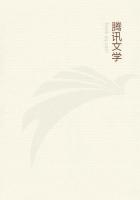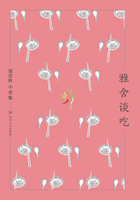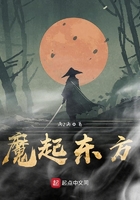Health, from the lover of the country, me, Health, to the lover of the city, thee, A difference in our souls, this only proves, In all things else, we agree like married doves.
But the warm nest and crowded dove house thou Dost like; I loosely fly from bough to bough;
And rivers drink, and all the shining day, Upon fair trees or mossy rocks I play;
In fine, I live and reign when I retire From all that you equal with heaven admire.
Like one at last from the priest's service fled, Loathing the honied cakes, I long for bread.
Would I a house for happiness erect, Nature alone should be the architect.
She'd build it more convenient than great, And doubtless in the country choose her seat.
Is there a place doth better helps supply Against the wounds of winter's cruelty?
Is there an air that gentler does assuage The mad celestial dog's or lion's rage?
Is it not there that sleep (and only there)
Nor noise without, nor cares within does fear?
Does art through pipes a purer water bring Than that which nature strains into a spring?
Can all your tapestries, or your pictures, show More beauties than in herbs and flowers do grow?
Fountains and trees our wearied pride do please, Even in the midst of gilded palaces.
And in your towns that prospect gives delight Which opens round the country to our sight.
Men to the good, from which they rashly fly, Return at last, and their wild luxury Does but in vain with those true joys contend Which nature did to mankind recommend.
The man who changes gold for burnished brass, Or small right gems for larger ones of glass, Is not, at length, more certain to be made Ridiculous and wretched by the trade, Than he who sells a solid good to buy The painted goods of pride and vanity.
If thou be wise, no glorious fortune choose, Which 't is but pain to keep, yet grief to lose.
For when we place even trifles in the heart, With trifles too unwillingly we part.
An humble roof, plain bed, and homely board, More clear, untainted pleasures do afford Than all the tumult of vain greatness brings To kings, or to the favourites of kings.
The horned deer, by nature armed so well, Did with the horse in common pasture dwell;
And when they fought, the field it always won, Till the ambitious horse begged help of man, And took the bridle, and thenceforth did reign Bravely alone, as lord of all the plain:
But never after could the rider get From off his back, or from his mouth the bit.
So they, who poverty too much do fear, To avoid that weight, a greater burden bear;
That they might power above their equals have, To cruel masters they themselves enslave.
For gold, their liberty exchanged we see, That fairest flower which crowns humanity.
And all this mischief does upon them light, Only because they know not how aright That great, but secret, happiness to prize, That's laid up in a little, for the wise:
That is the best and easiest estate Which to a man sits close, but not too strait.
'Tis like a shoe: it pinches, and it burns, Too narrow; and too large it overturns.
My dearest friend, stop thy desires at last, And cheerfully enjoy the wealth thou hast.
And, if me still seeking for more you see, Chide and reproach, despise and laugh at me.
Money was made, not to command our will, But all our lawful pleasures to fulfil.
Shame and woe to us, if we our wealth obey;
The horse doth with the horseman run away.

